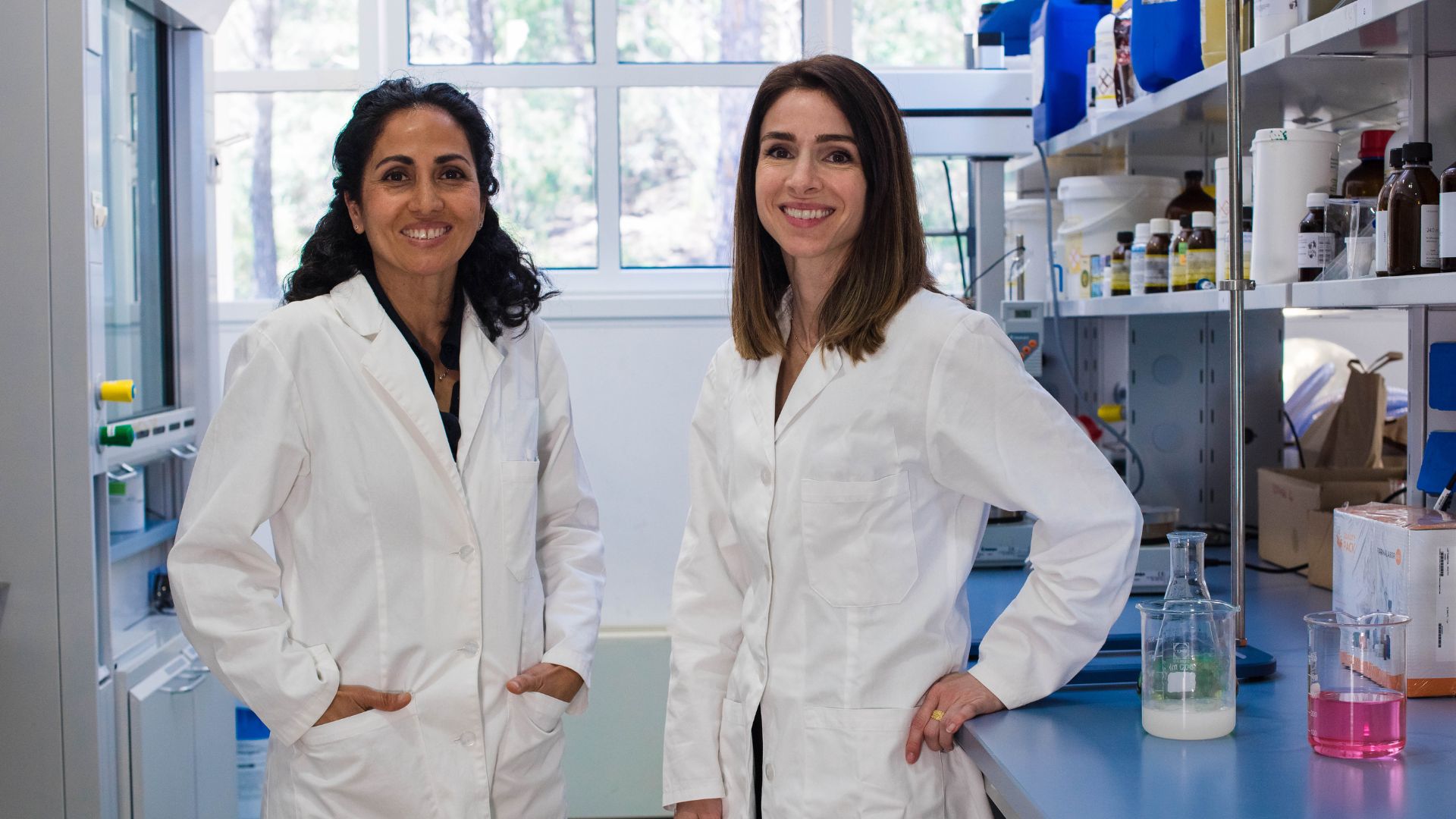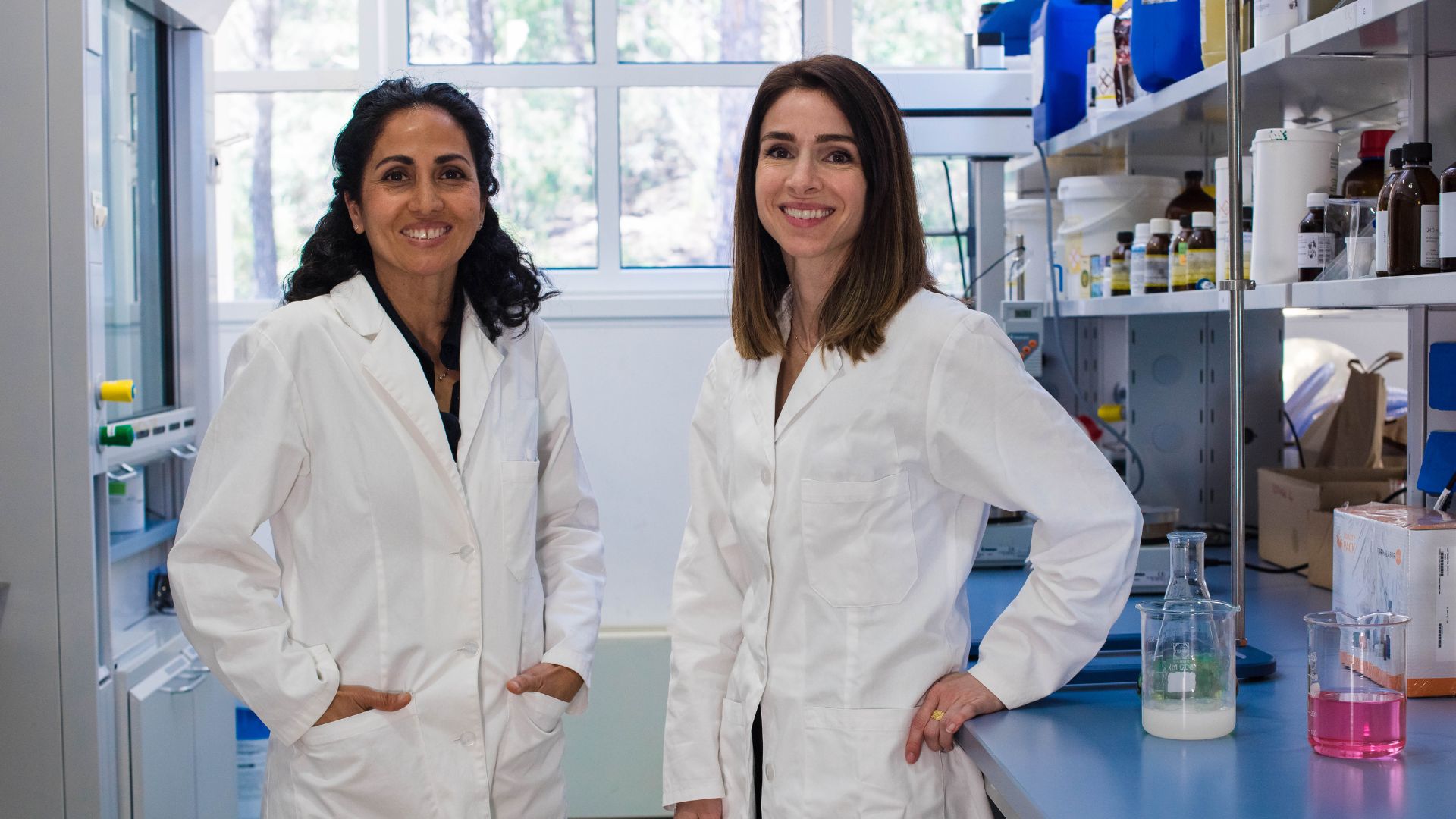How To Become A Chemical Engineer

Becoming a chemical engineer is a rewarding journey that involves a combination of education, skills development, and practical experience. Chemical engineers play a crucial role in industries such as manufacturing, pharmaceuticals, and energy. If you aspire to join this dynamic field, here's a guide on how to become a chemical engineer.

Educational Requirements
The first step on the path to becoming a chemical engineer is obtaining a bachelor's degree in chemical engineering or a related field. Ensure that the program is accredited by a reputable accreditation body. Courses typically include mathematics, chemistry, physics, and engineering principles.
Gain Practical Experience
While academic knowledge is essential, gaining hands-on experience is equally crucial. Seek internships or co-op programs with companies in the chemical engineering field. This practical exposure will give you insights into real-world applications and help you develop valuable skills that are not always taught in the classroom.

Specialize and Pursue Advanced Degrees
Chemical engineering is a broad field with various specializations such as process engineering, materials science, and bioengineering. Identify your interests and pursue advanced degrees or certifications in your chosen specialization. This can enhance your expertise and make you more competitive in the job market.
Build a Strong Network
Networking is vital in any profession. Attend industry events, conferences, and join professional organizations related to chemical engineering. Building a network of professionals can provide mentorship, job opportunities, and valuable insights into the industry.
Stay Updated on Industry Trends
The field of chemical engineering is ever-evolving with new technologies and advancements. Stay informed about the latest trends, innovations, and research in your chosen specialization. Continuous learning and staying updated will set you apart as a knowledgeable and proactive professional.

Becoming a chemical engineer requires a combination of education, practical experience, and ongoing professional development. By following these steps, you can embark on a fulfilling career in a field that contributes to innovations and improvements in various industries.



